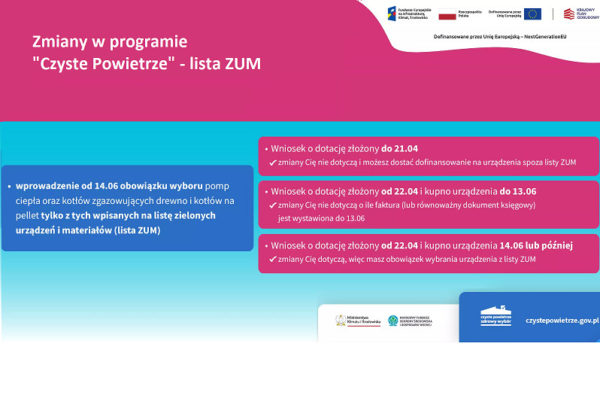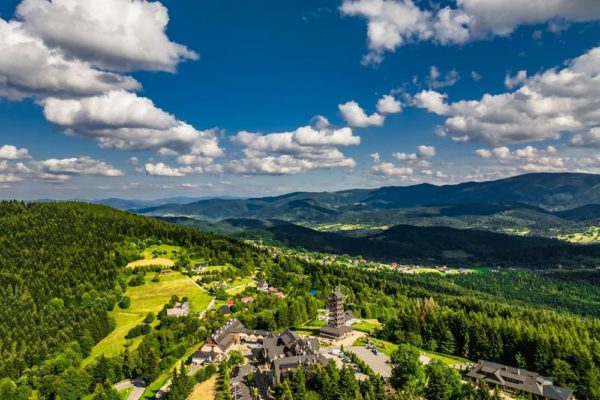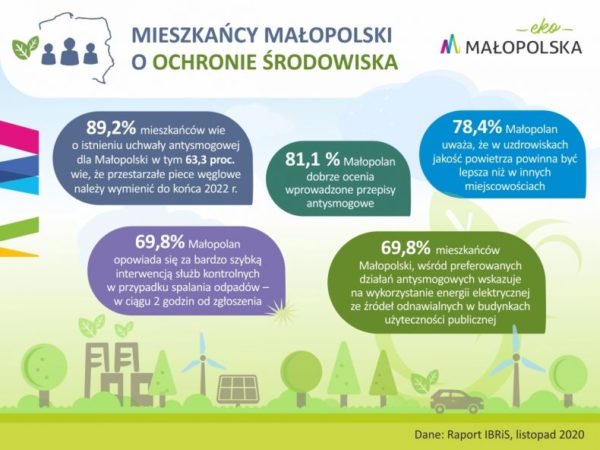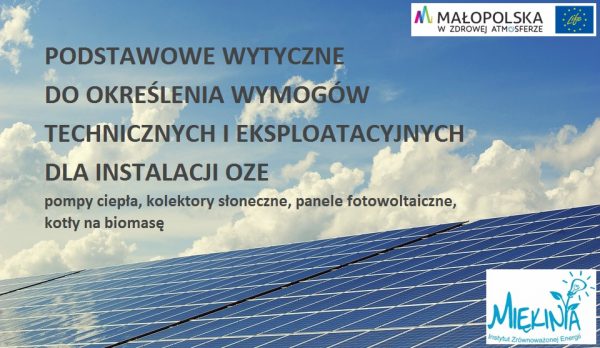Presentation of the LIFE Malopolska project at the session of the UN Working Group
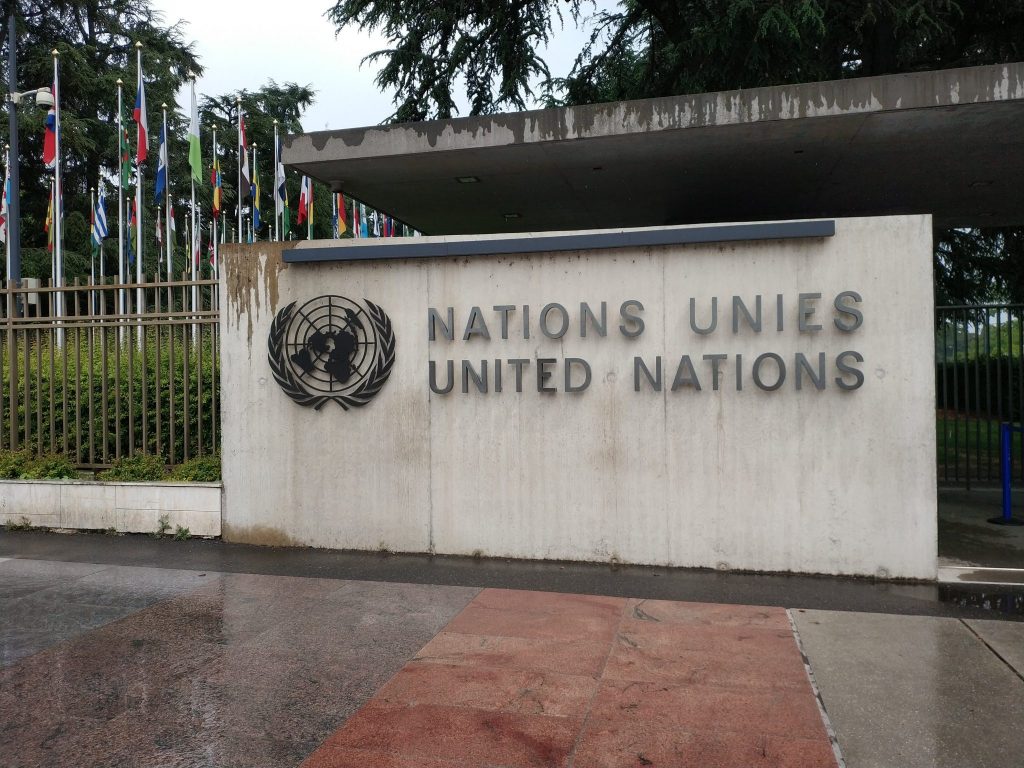
The 56th session of the Working Group on Strategy and Review (WGSR) was held at the United Nations headquarters in Geneva on May 23-25, 2018. The main issue discussed at the session concerned emissions of pollutants related to heating solid fuels.
The session included presentations of the experience of European countries as well as the United States and Canada in the field of activities related to reducing emissions from the combustion of biomass and coal in households. The meeting was also attended by representatives of international organizations: the European Commission, the World Health Organization (WHO), the World Meteorological Organization (WMO), the International Cryosphere Climate Initiative (ICCI). A representative of the Marshal’s Office of the Malopolska Region was participated in the session when invited by a representative of the Canadian government who was chairing the discussions of the Working Group.
Anti-smog resolutions and the LIFE project
Experiences of the Malopolska Region in the area of reducing low emissions through the introduction of anti-smog resolutions and implementation of the integrated LIFE project were presented. The theme of the presentation was the scale of the problem of air pollution in the Malopolska Region, the requirements of anti-smog resolutions for Krakow and the Malopolska Region, and the effects of the activities of the Eco-managers employed in 55 municipalities under the LIFE Malopolska project.
Emission of black carbon and its impact on climate change
The Working Party on Strategy and Review (WGSR) is the main negotiating body of the international Convention on long-range transboundary air pollution. It helps with policy issues, including: evaluation of the scientific and technical activities related to the preparation and verification of protocols, negotiating changes to the existing protocols and preparing new ones.
The main issues and problems mentioned during the presentation and deliberations of the Working Group concerned the negative impact of PM2.5 dust and black carbon on health and the increase of the greenhouse effect. Black carbon, whose main source of emissions in the world is the combustion of solid fuels in domestic furnaces and boilers, has a harmful effect on the climate by absorbing solar radiation. Black carbon on the snow cover of the planet also reduces the degree of reflection of the sun’s rays and strengthens the greenhouse effect.
A lot of attention was paid to the unification of dust and black carbon emission testing procedures from boilers and heating furnaces, including emissions in conditions of the actual equipment operation. It is estimated that it is several times higher than the levels obtained in laboratory tests of the devices.
See also: Website of the event
[easy_image_gallery gallery=”468″]


